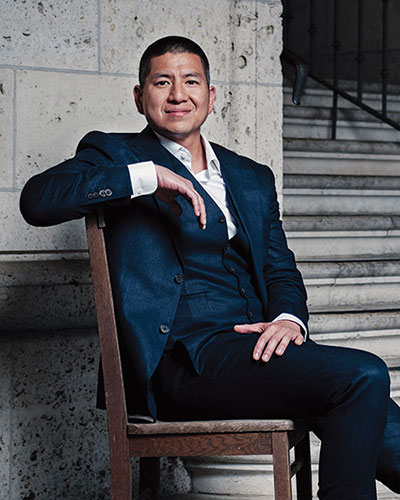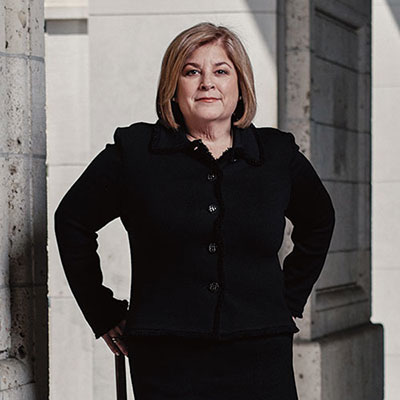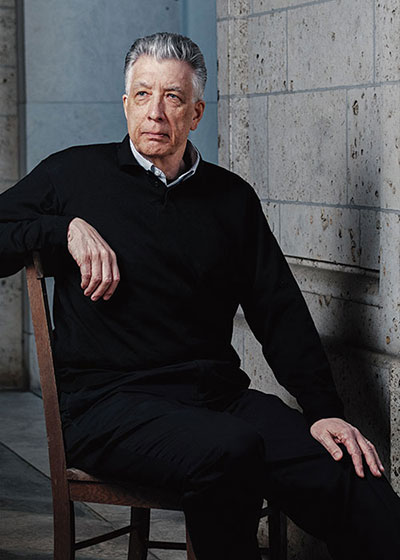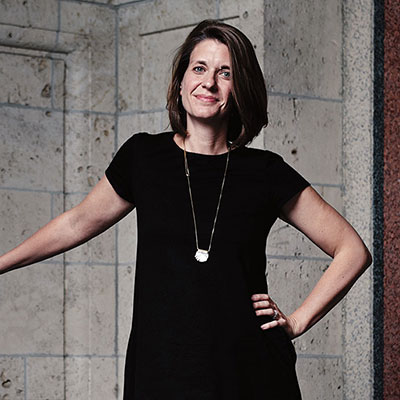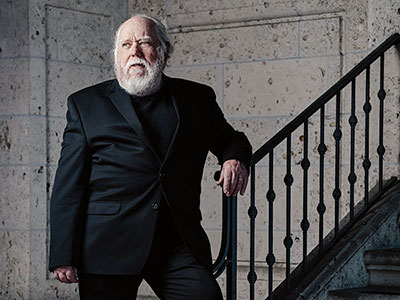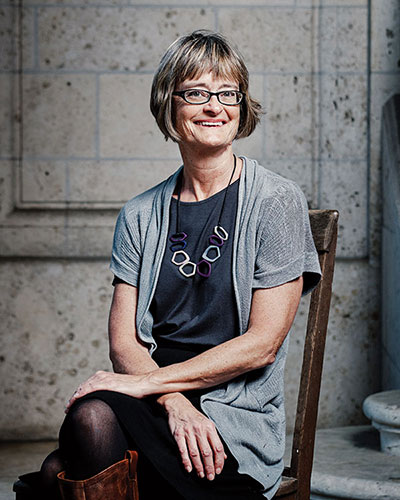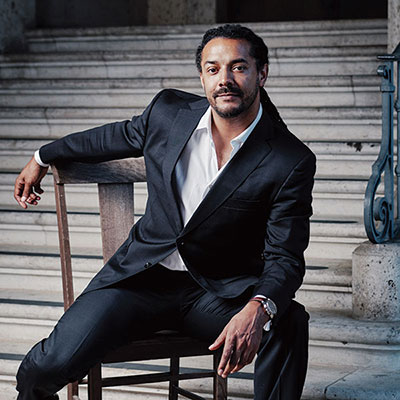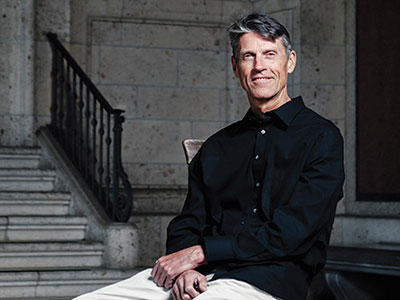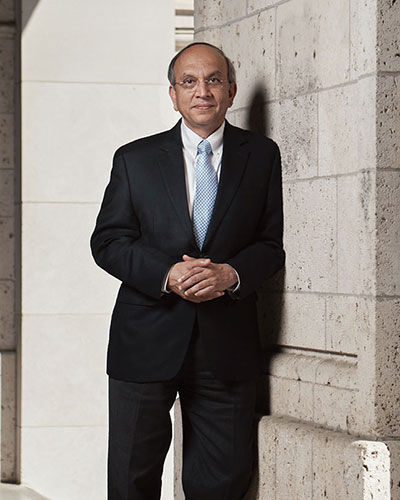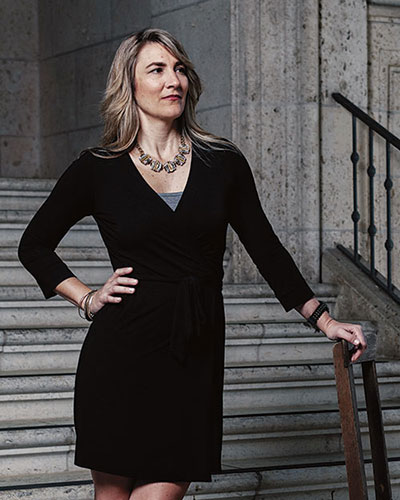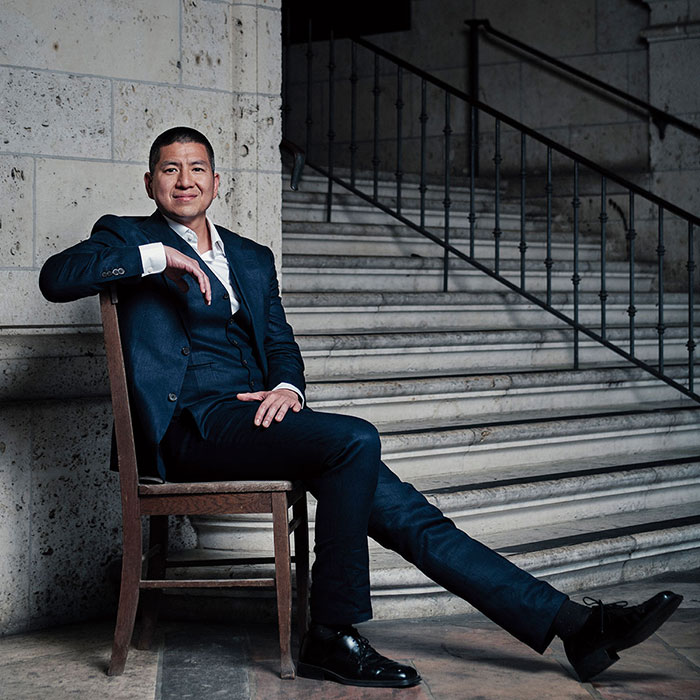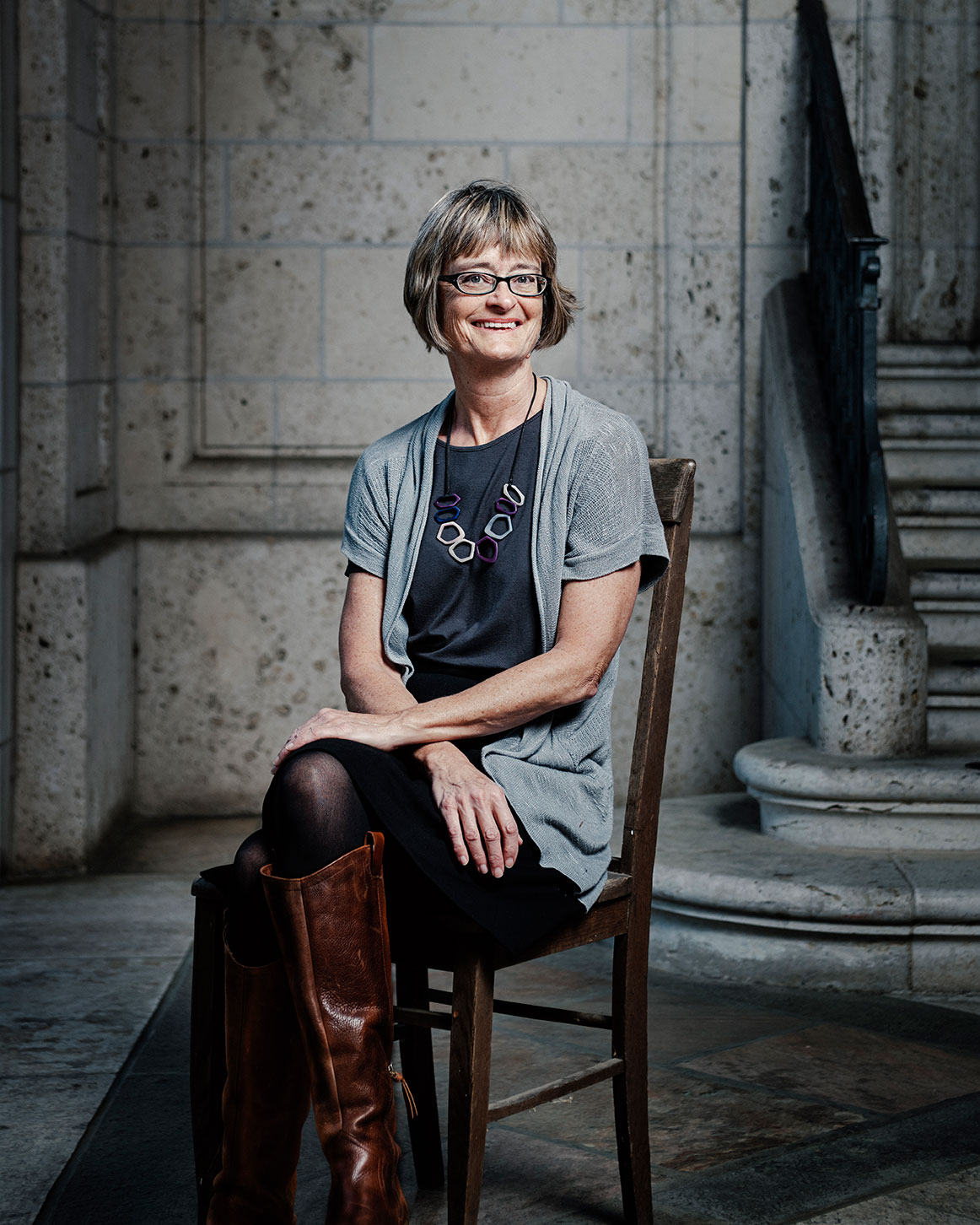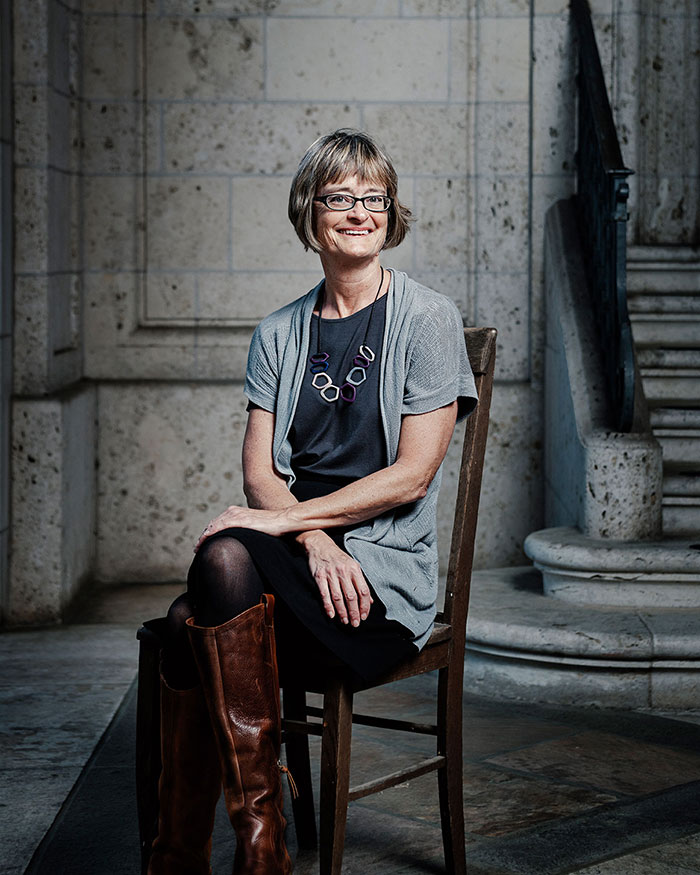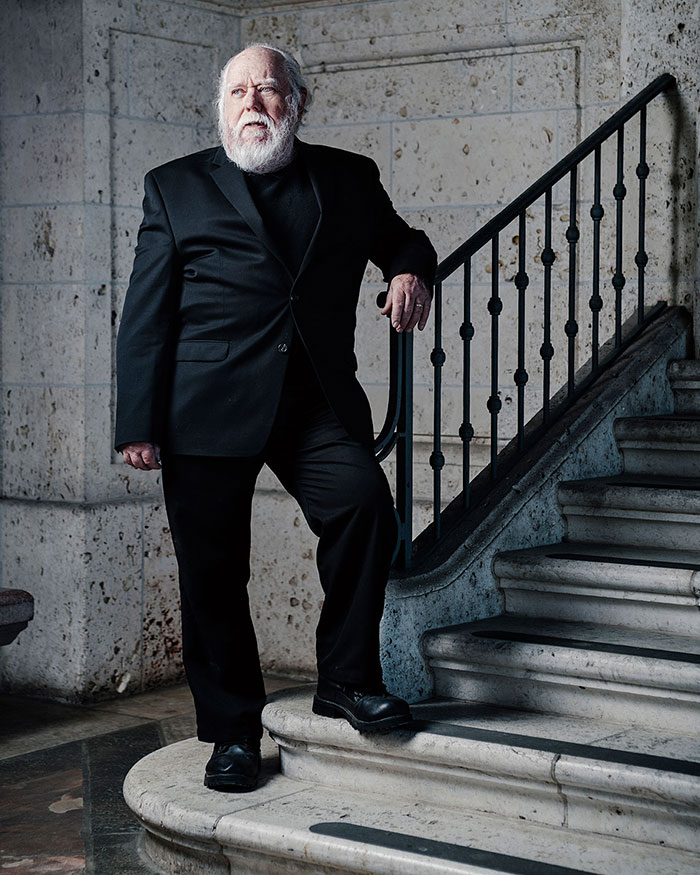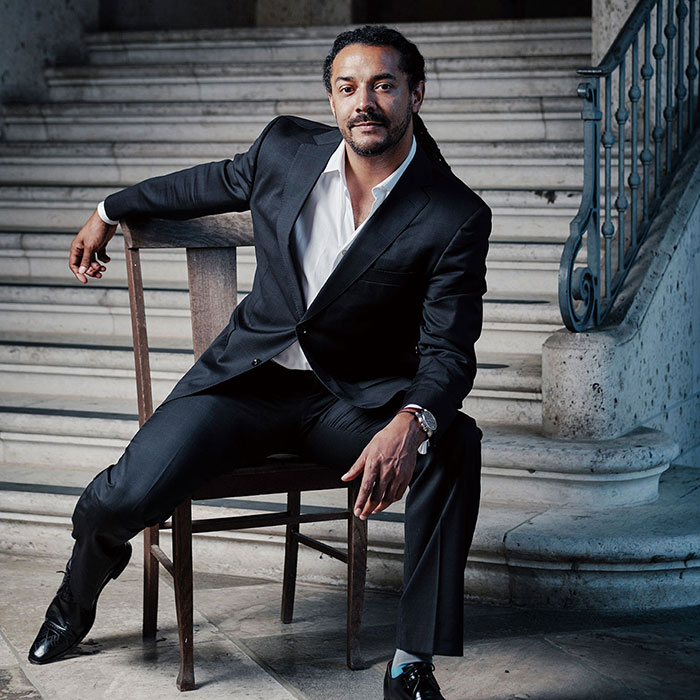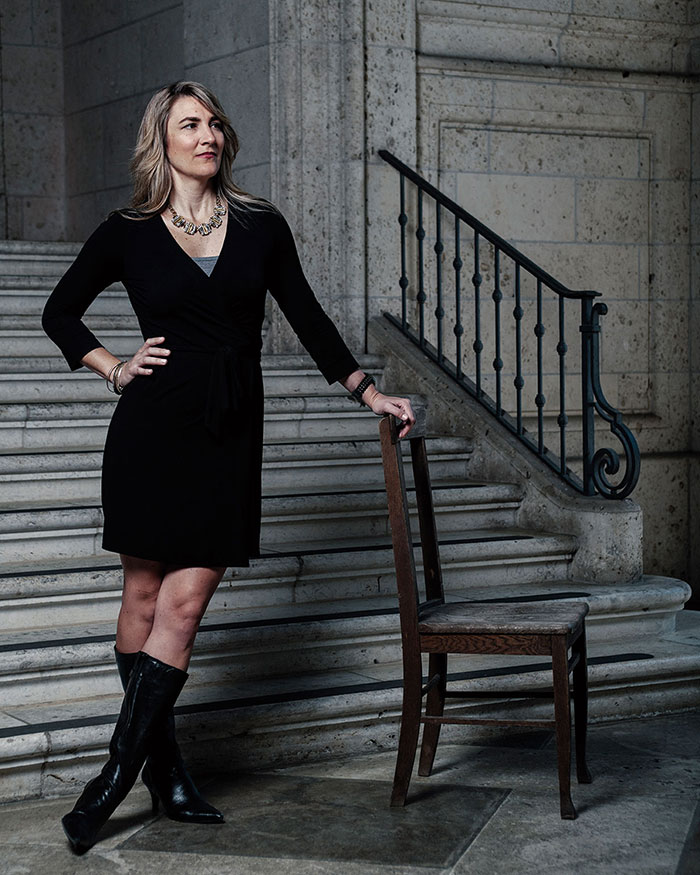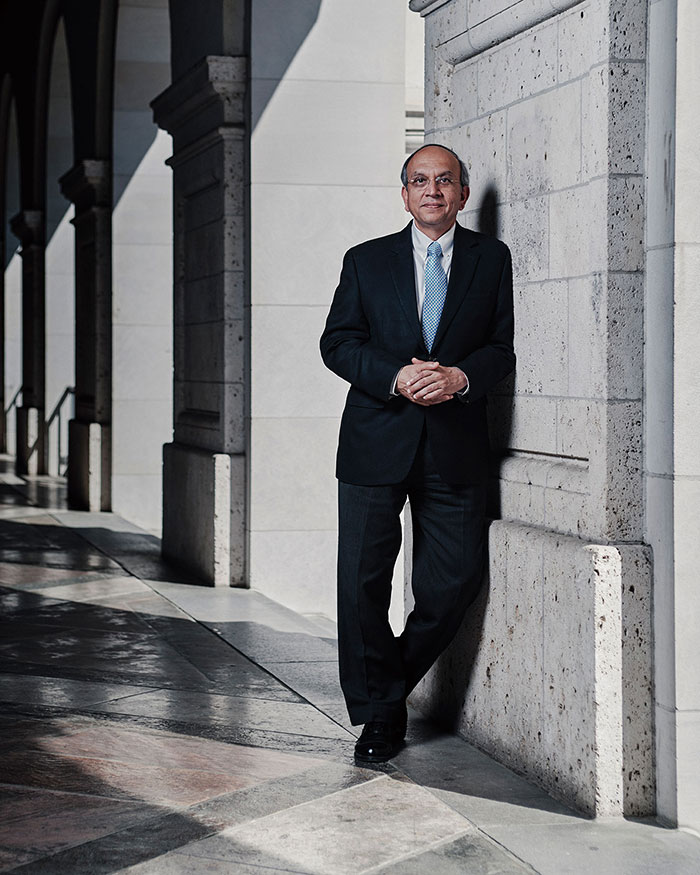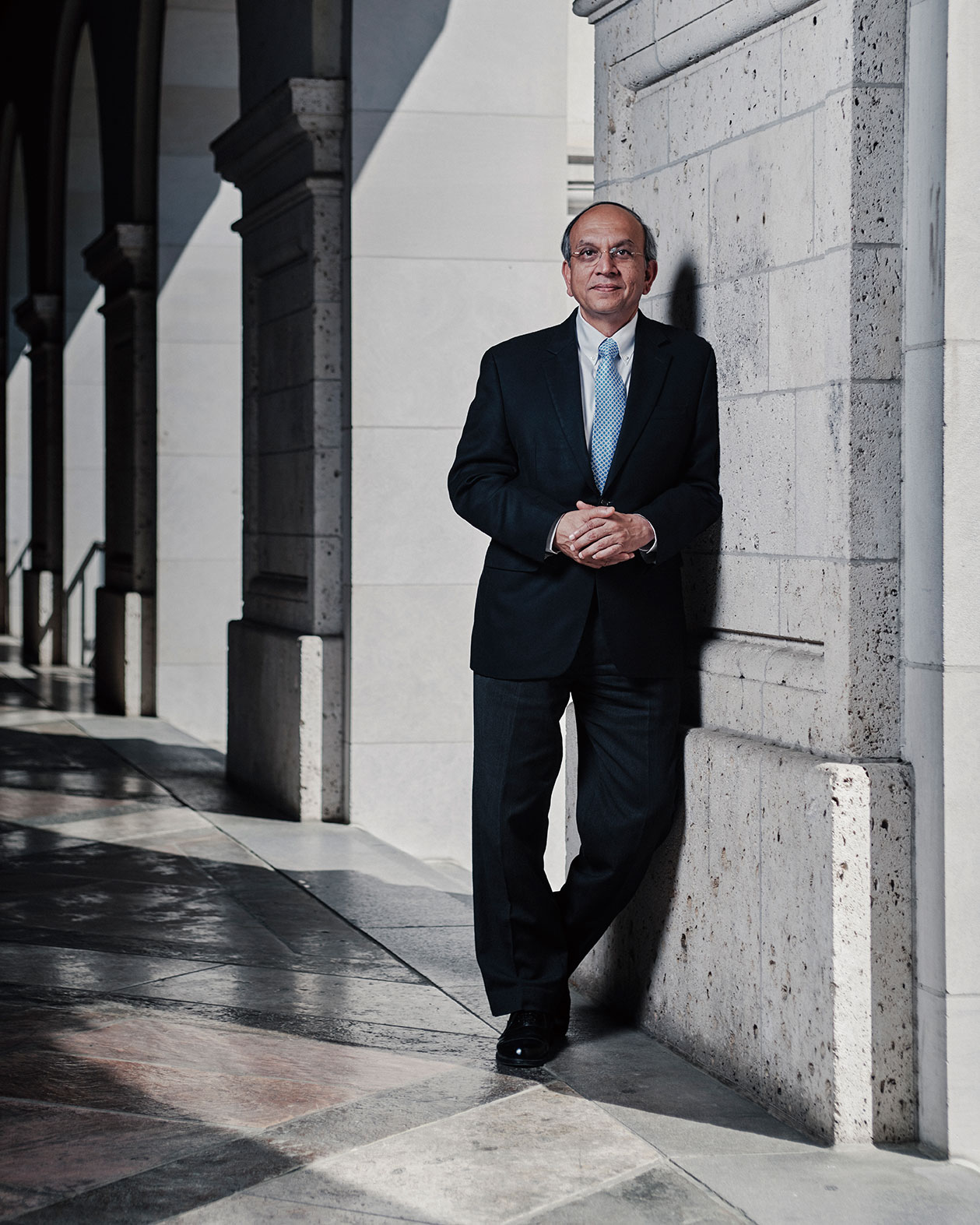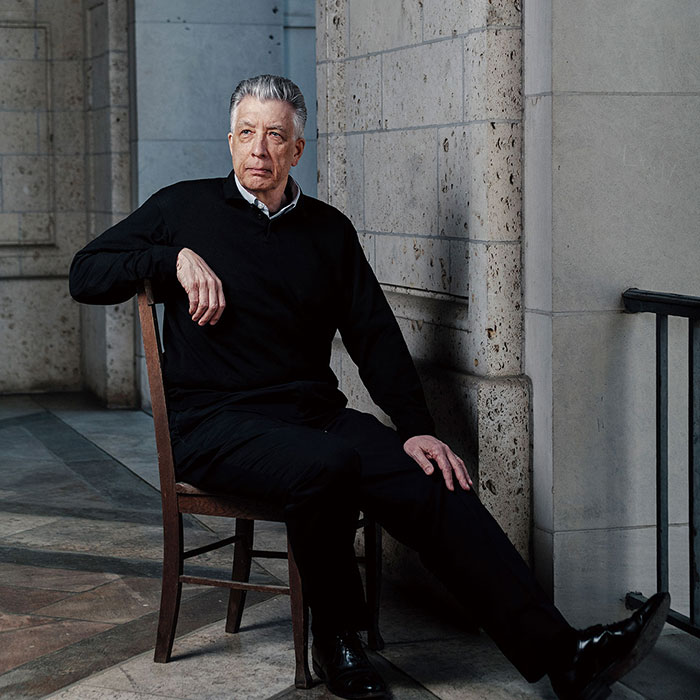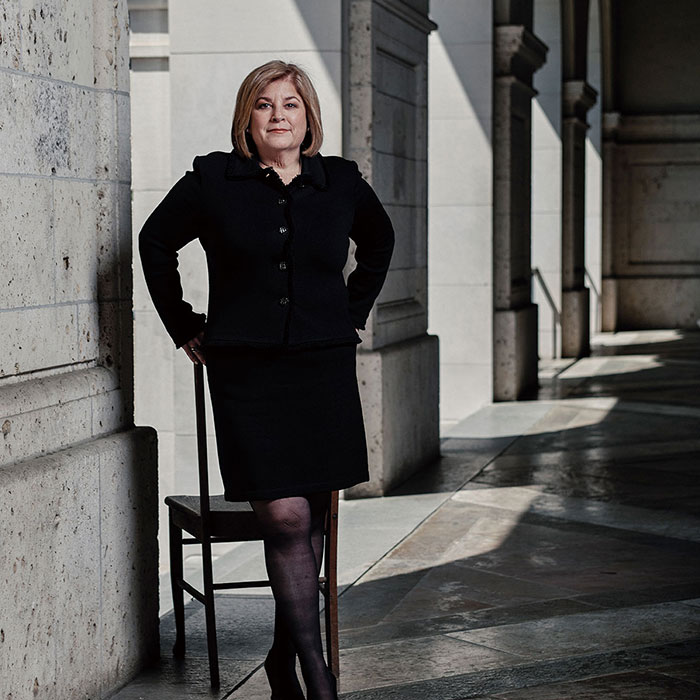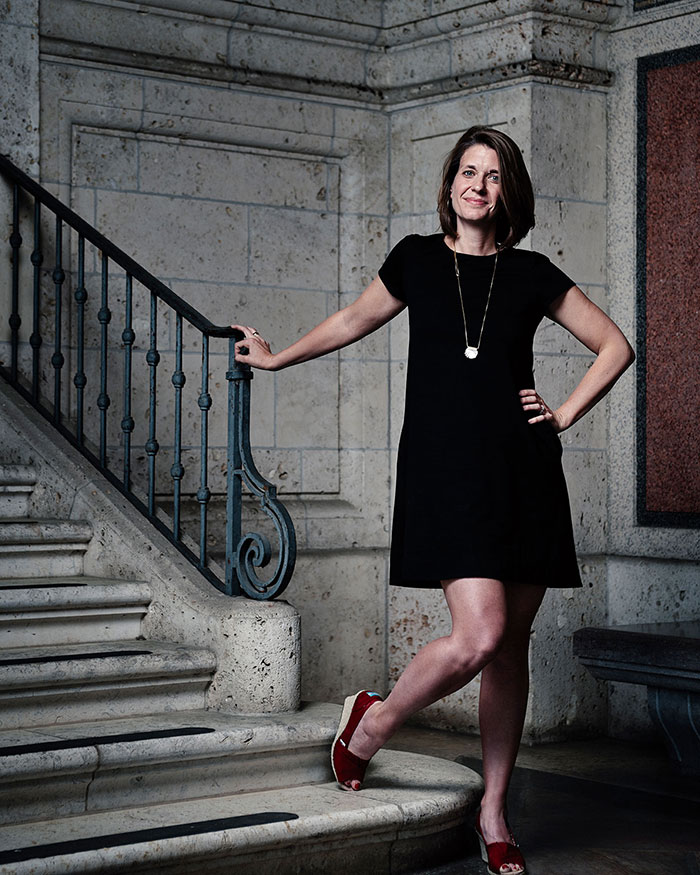Eric Tang’s favorite lecture topic begins with the phrase “racism is not about ignorance.” He tires of hearing the often-held notion that racist people simply don’t know any better. To him, racism is about knowledge, exploitation for personal gain, and the sting that comes with any form of discrimination.
“For someone else to do that to you requires an awareness,” he says. “That always strikes a chord with students.”
Tang has spent his life studying and engaging in social justice. Growing up in New York in the ’80s and ’90s, he watched communities pitted against one another, dealing with racial inequality, police brutality, and racial violence. He remembers the 1992 Los Angeles riots incited after the Rodney King case, in which four officers were acquitted of using excessive force toward the African-American taxi driver. “The events really shaped my thinking as a high school and college student,” Tang says.
While attending New York University, he took part in political protests and worked alongside other students to establish race and ethnic studies, eventually creating the school’s first Asian-American studies program. He says becoming a professor grew directly out of his activist work, never wanting to live a life just accepting easy answers.
“As a community organizer, you sit with difficult issues that don’t have easy solutions and you work with allies to figure them out,” he says. “As a professor, you’re doing the same thing.”
Tang says he’s proud to work in one of the nation’s largest black studies departments, deeming it his most rewarding experience. He says the best moments are when he gets a call or email from a former student who is now a civil rights attorney, or a teacher in a difficult environment, or a filmmaker who made a documentary about racial inequality.
“That is profound because you just go in and do your work as a professor,” he says. “You don’t realize how showing up that one day might just make the difference down the road.”—Danielle Lopez
Dream student: “A first-generation college student who doesn’t believe they have anything to contribute, but then realizes that their experience explains so much about the way the world really works and uses that to build their confidence and assert their voice.”
Life-changing book: “Drown by Junot Diaz. He really captured the dialogue, the sentiment, and the nuance of working-class immigrant life in New Jersey. I didn’t think literature could really take you that far.”


